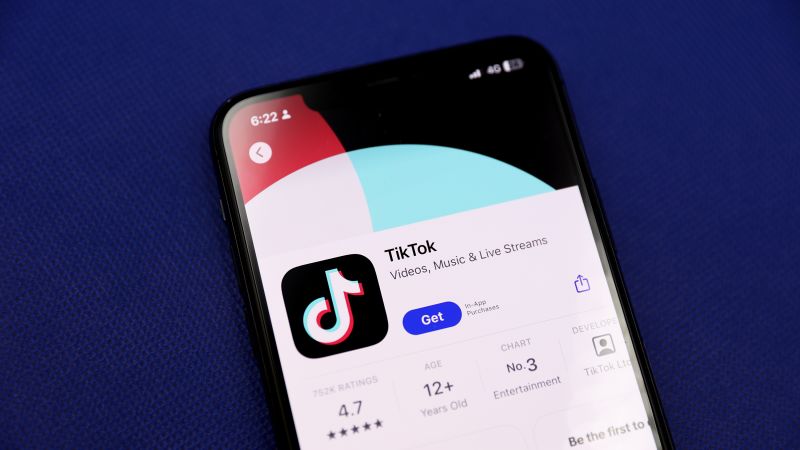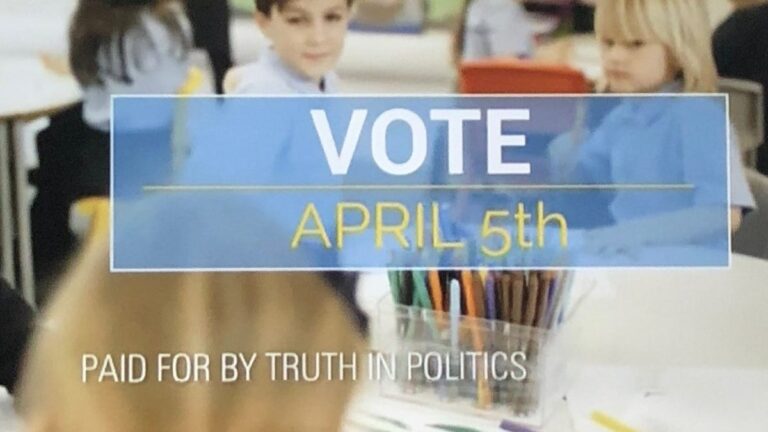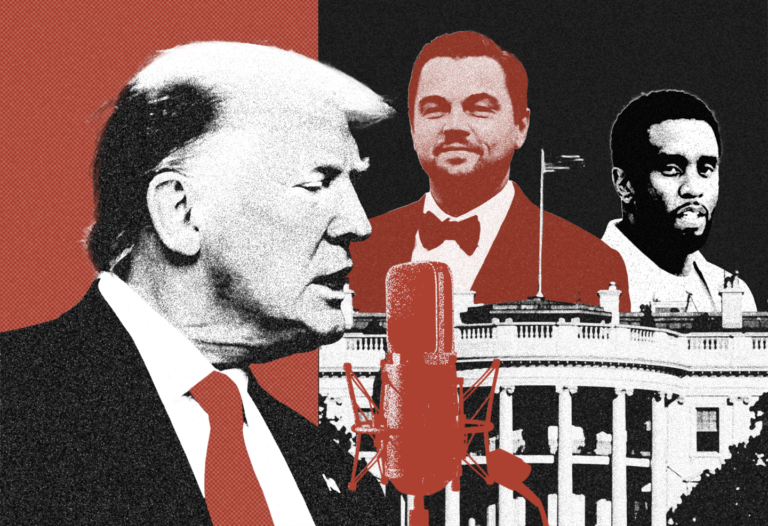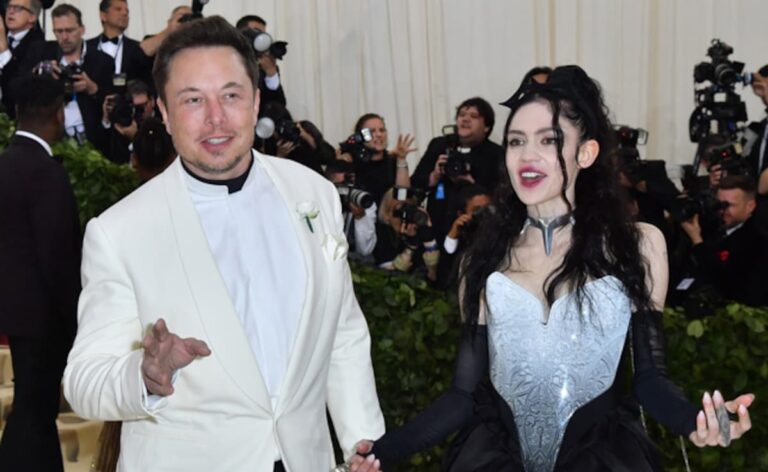
CNN
—
President-elect Donald Trump urged the Supreme Court to halt a controversial ban on TikTok that is set to take effect next month, telling the justices in a legal filing on Friday that a delay would allow his administration to “pursue a negotiated solution.”
Trump’s request to delay implementation of the ban puts him at odds with the Biden administration, which defended the law in its own brief on Friday, warning of “serious” national security concerns about TikTok’s continued operation in the United States.
In one of the most important cases pending before the Supreme Court, the justices must consider whether the TikTok ban approved by Congress in April violates the First Amendment. The court has already set two hours for oral argument in the case on January 10.
The court was flooded with nearly two dozen briefs Friday from groups and officials who stood on both sides of that question. Technically, Trump is not a party to the case — he filed a “friend of the court” brief, as did several outside groups, members of Congress and others who wanted to offer their perspective.
But since the ban is scheduled to take effect on January 19, one day before his inauguration, Trump’s position could carry significant weight with judges.
In his brief, Trump technically took no position on the fundamental First Amendment questions raised by the case, but he urged the court to delay the January 19 effective date so that his administration could find a way to resolve the issue without a ban.
Trump suggested the court pause the effective date of the ban “to allow his incoming administration to pursue a negotiated solution that could prevent a nationwide shutdown of TikTok, thereby preserving the First Amendment rights of tens of millions of Americans, while also addressing the government’s national security concerns.” “.
The incoming president has sent mixed signals in the past about his views on TikTok, but recently vowed to “save” the platform. CNN previously reported that Trump met with TikTok CEO Shou Chew earlier this month.
Chiu also spoke with Trump on Friday evening after the incoming president asked the Supreme Court to temporarily halt the ban, two people familiar with the matter told CNN’s Caitlan Collins.
Congress passed the ban with bipartisan support in response to years of concern that TikTok’s Chinese parent company poses a national security risk because, as the Biden administration warned in its brief on Friday, it can collect data on users and manipulate the content those users see. .
The law allows the app to continue in the United States if it divests from Chinese ownership. The law gives the sitting president broad authority to decide whether a company has appropriately separated from its owners.
Trump’s brief, his first before the Supreme Court since his election victory, claimed that he is operating with a “strong electoral mandate” and is in a unique position to resolve the TikTok controversy. At one point, he described himself as “one of the most powerful, prolific and influential social media users in history.”
“The First Amendment implications of the federal government’s effective shutdown of the social media platform used by 170 million Americans are sweeping and troubling,” Trump’s summary said. “There are valid concerns that this law could set a dangerous global precedent by exercising the extraordinary power to shut down an entire social media platform, based on concerns about objectionable speech on that platform.”
Biden and former Trump officials support the ban
Earlier on Friday, President Joe Biden’s administration and a bipartisan group of former government officials — including some who previously worked for Trump — urged the Supreme Court to uphold the ban on TikTok, claiming the platform’s ties to China pose a “serious” threat to… TikTok. American security.
“TikTok collects large amounts of data about tens of millions of Americans,” the administration told the Supreme Court on Friday. China “could covertly manipulate the platform to advance its geopolitical interests and harm the United States — for example, by sowing discord and disinformation during a crisis,” she said.
Written arguments submitted to the Supreme Court on Friday highlight the tension between national security and freedom of expression at a time when 170 million Americans use TikTok for news and entertainment.
Trump acknowledged in his brief on Friday that his administration had also raised concerns about the platform and signed an executive order restricting the app. When Trump was president in 2020, he signed an executive order to effectively ban TikTok, but it was blocked in the courts.
But he said Friday that the “unfortunate timing” of the law’s effective date “is inconsistent” with his ability to “conduct U.S. foreign policy and seek a solution to protect national security and save the social media platform that provides a popular way for 170 million Americans to exercise their fundamental First Amendment rights.”
Trump said delaying the law’s effective date could “avoid the need for this court to decide the historically challenging question of the First Amendment.”
Among The former Trump officials who filed legal briefs on Friday supporting the Biden administration’s position and TikTok ban are Jeff Sessions, Trump’s first attorney general, and Ajit Pai, the Trump-appointed FCC chairman from 2017 to 2021.
The most prominent former ally of Trump who supports the Biden administration is former Vice President Mike Pence.
Advancing American Freedom, a political advocacy group launched by Trump’s first-term vice president in 2021, signed a brief calling TikTok “digital fentanyl” and a “technological weapon.”
“The First Amendment is not, and should not be, read as a way to give the Chinese government the power to do what the American government cannot do: manipulate what Americans can say and hear,” the group told the Supreme Court.
TikTok told the court in its own brief on Friday that the federal government is trying to shut down “one of America’s most important platforms for expression” and said lawmakers are required under the First Amendment to consider other options, such as disclosing company information. ownership.
“History and precedent teach us that even when national security is at stake, banning speech should be Congress’s last resort,” the company said.
Groups advocating for First Amendment protections — including the American Civil Liberties Union and the Knight First Amendment Institute at Columbia University — urged the Supreme Court to look beyond the government’s national security claims and evaluate the impact of the ban on Americans’ freedom to view any content online. They offer it. He chooses.
“Restricting access to foreign media to protect against alleged foreign manipulation is a practice that has long been associated with repressive regimes,” the Knight First Amendment Institute wrote. “The government has no legitimate interest in denying Americans access to foreign speech — even if the speech contains foreign propaganda or reflects foreign manipulation.”
Likewise, the ACLU warned of “far-reaching disruption to Americans’ ability to engage with the content and audiences they choose online” if the Supreme Court upholds the ban.
Earlier this month, a federal appeals court in Washington, D.C., unanimously upheld the ban in a ruling that said the government had a national security interest in regulating the platform.
The quick timing of the brief reflects the highly unusual speed with which the Supreme Court agreed to hear the case. The court lifted the appeal from its emergency docket — as TikTok had been seeking a temporary halt to the ban — and agreed to wade into substantive First Amendment questions about the law.
The Trump memo was submitted by Dr. John Sawyer, whom Trump has said he intends to nominate for solicitor general and who, if confirmed, would represent the Trump administration on the Supreme Court.
“There are compelling reasons to meet the law’s deadline and allow President Trump to seek a negotiated solution once he takes office,” Sawyer said.
This story has been updated with additional reporting.





